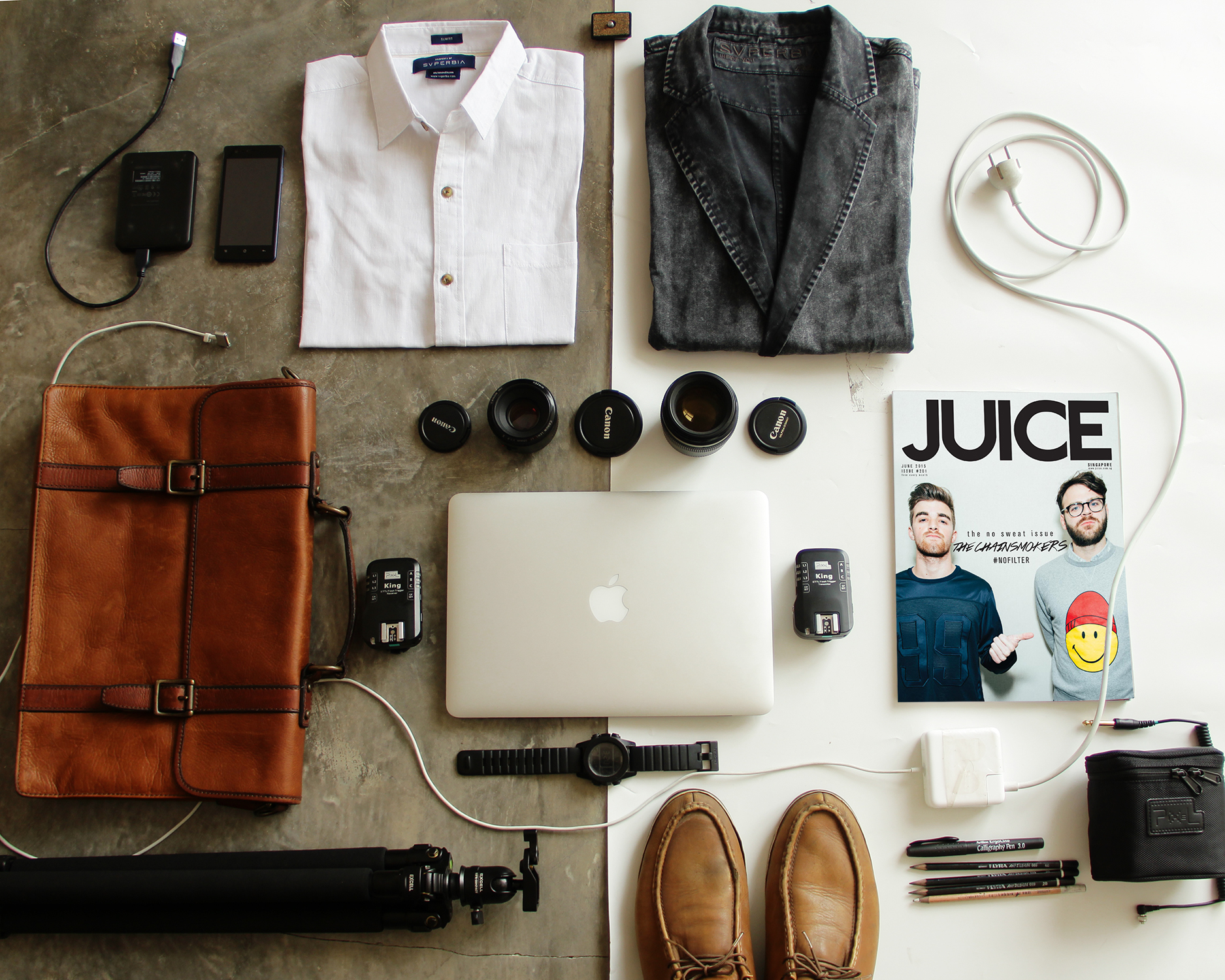There’s nothing quite like the exhilarating high you get from traveling, as you leave your comfort zone and venture into a new world. But of course, it isn’t always as easy as people make it out to be. After all, it’s tempting to get carried away by the excitement, and planning might not be a priority. Remember: spontaneity is nice, but it’s more important do your research and be prepared for whatever comes.
Below, we’ve compiled a list of travel hacks to make your journey as efficient and stress-free as possible. Keep these in mind and they might just save you a headache later on.

Go on private mode when making bookings
When booking flights or hotels, always use private mode on your browser. Often, these sites record your visits by installing cookies, making prices higher just because you’ve already searched for them before.
Get cheaper accommodations
Are you eyeing an upscale hotel but your budget can’t seem to allow it? If you don’t mind booking last-minute, Travel+Leisure reveals that there are actually apps like HotelTonight and Secret Escapes, which you can use to book hotels’ extra rooms on the same day. Check our previous list of ‘Best Hotels in the World’, as they just might be on the list!
Another option is to book local homes through AirBnB. They provide plenty of more affordable choices, from private homes to single rooms.
Label your bags as “fragile”
If you don’t want your bags to get thrown around aimlessly, have the airport staff mark them as “Fragile.” This not only ensures that your bag gets handled with utmost care, but it will get a premium spot on the cargo and will usually be first off the plane and onto the baggage claim belt.
Pack wisely
Yes, it’s good to pack light, but what’s more important is to pack wisely. Instead of folding your clothes, roll them. You’ll have more space to fit more things instead of having multiple piles taking up unnecessary space in your suitcase. Feeling overwhelmed? A good place to start is by using the 5, 4, 3, 2, 1 rule for week-long trips. The New York Times suggests limiting yourself to no more than five sets of socks and underwear, four tops, three bottoms, two pairs of shoes, and one hat. Adjust the list according to your needs.

Have multiple copies of your documents
You can never tell if loss or theft will happen, but the last thing you’ll want to lose is your passport and identification cards. Before you leave, scan all your important documents and save them online. You can email them to yourself or upload them onto a Google Drive, but make sure you also have offline records.

Determine the best way to exchange money
At the airport, there’s always a queue of people having their money exchanged. You might get hooked into thinking this is the right thing to do, but exchange bureaus at airports almost always end up costing you more money than you should spend. That’s because they often have a higher exchange rate. FXCM points out that foreign exchange rates fluctuate on an hourly basis, so keep an eye out on the exchange rate and how they fare versus your banks’. If you’re not careful, there could also be added fees on top of this. As a general rule, Quartzy recommends opting for ATMs instead for better deals. But do keep in mind your bank’s policy, as well as the ATM you’re using.

Always have a pen
At one point or another, you will need a pen. Don’t assume they’ll have pens
everywhere at the airport or on the plane for when it’s time to fill in forms.
Even flight attends rarely have them.
Use local guide apps
We’ve all heard the adage “When in Rome, do as the Romans do.” When
traveling, try and embrace a perspective that you’re a traveler,
not a tourist. So don’t fall for the usual tourist traps and arm yourself with
local advice. Use apps like Yelp, which is a great city guide for both
travelers and locals alike. It will help you find the most amazing places to
visit that may have fallen under your radar. CNN notes
other apps like CityMapper, which offers digital maps to help you navigate
large cities, and Detour, which provides unique walking tours by locals.
Akif is a Web Designer, Developer and Educator specializing in WordPress and Expression Web. He has Published and Designed several Websites. He spends a lot of his time thinking about and sharing his knowledge of the internet, Information Technology and Web design and Development. Also he is passionate about Fashion Industry. In 2012, he started publishing Fashion related Blogs. Sizzling Magazine is one of them!





